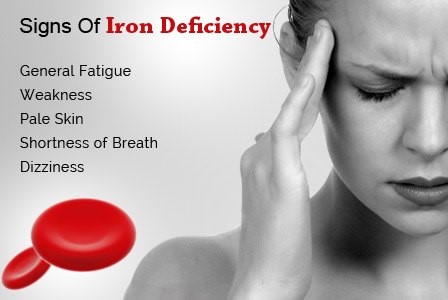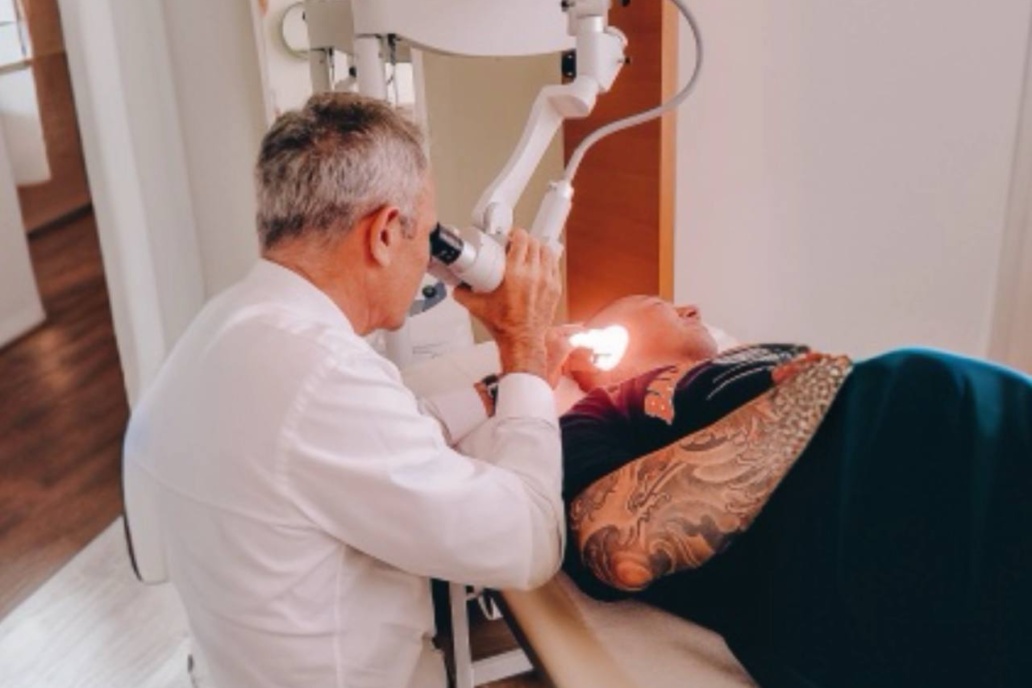Iron Deficiency Anemia
Definition:
Anemia happens when you don’t have enough red blood cells or Hemoglobin which carry oxygen throughout your body.
Oxygen powers your cells and organs, and gives you energy. Without healthy red blood cells that do their job, your body doesn’t get the energy it needs to function.
There are many types of anemia, some are nutritional, others inherited or caused by other diseases and medications.
It is important to know the type you have before starting any supplements or treatment.
This article will cover Iron deficiency anemia, the most common type, affecting more than 12 percent of the world’s population, especially women, children, and individuals living in under-resourced and middle-income countries.
Causes:
The causes of iron deficiency can be summarized into three groups:
- ‘We Don’t eat’: typically seen in vegetarian or vegan people who are not supplementing their diets with iron
- ‘We Don’t absorb’: stomach inflammation or gastritis; celiac disease; history of bariatric (weight loss) surgery; parasitic infections of intestines; medications like stomach acidity suppressants (PPI)
- ‘We lose’: heavy or frequent menstruation in women; blood in urine or stools (think cancer!); colitis (inflammation of colon); frequent blood donations; pregnancy and delivery; medications like aspirin or Plavix
Clinical Manifestations:
Many people are diagnosed incidentally on routine blood tests when the anemia is caught early before symptoms develop.
Hence the importance of regular check up and consultation with your doctor.
Symptoms vary depending on whether anemia is mild or severe.
They could include:
Weakness, fatigue and poor energy, difficulty concentrating, irritability, shortness of breath, numbness and cold sensation of hands and feet, hair loss, brittle nails, dizziness, palpitations, restless leg syndrome, ringing in ears, etc.
Diagnosis:
As mentioned above, regular check ups are important even in absence of symptoms.
Before running any laboratory tests, your doctor will take a full medical history covering your symptoms, medications and supplements being taken, previous surgeries and detailed family history.
This should be followed by a thorough physical examination.
Lab tests will include full blood count, full iron studies including ferritin, other vitamins and tests to rule out other types of anemia.
Once anemia is confirmed and based on your history, further tests could be added to check if you have H. Pylori gastritis, celiac disease, blood in urine or stools, etc
Treatment:
The main principles to consider are:
- Regardless of the presence of symptoms, all patients with iron deficiency anemia and most patients with iron deficiency without anemia should be treated.
- The cause of iron deficiency also must be identified and addressed
- Some conditions may affect iron dosing and/or the route of administration (oral versus intravenous [IV]).
This is best decided on an individual level after discussing it with your doctor.
We generally treat patients who have uncomplicated iron deficiency anemia with oral iron due to the ease of administration. However, the availability of IV iron formulations with improved toxicity profiles has lowered the threshold at which many patients would prefer an IV preparation






























